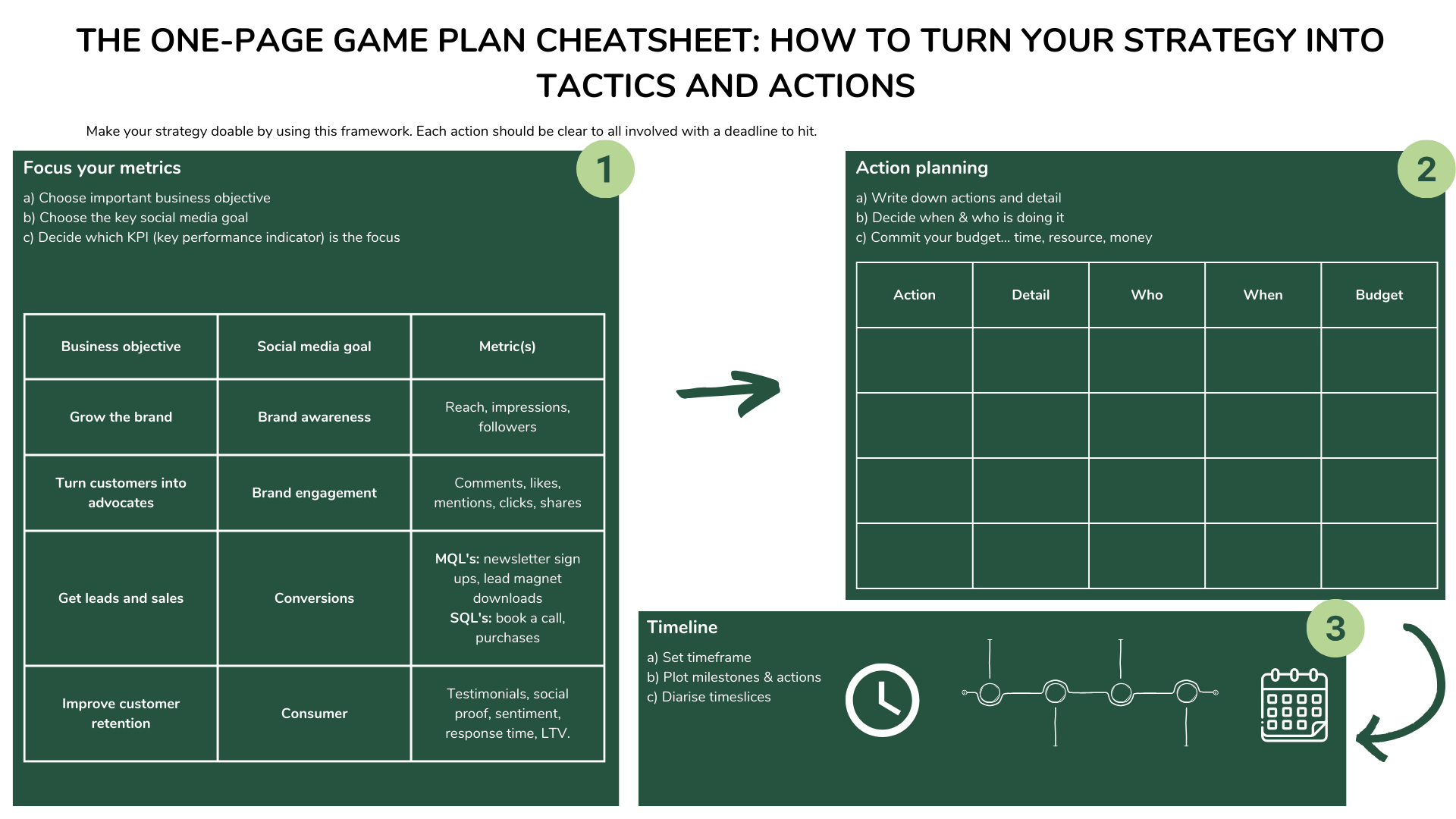The vital role of a Social Media Manager and why your business needs one
In today's digital landscape, social media has become an integral part of our lives. It has transformed the way we connect, communicate, and consume information. For businesses, social media presents a massive opportunity to engage with their target audience, build brand awareness, and drive business growth. However, effectively harnessing the power of social media requires expertise, strategy, and consistent effort.
This is where a social media manager comes into play.
Understanding the work of a Social Media Manager
A social media manager is responsible for developing and executing a comprehensive social media strategy tailored to a business's objectives. Their work encompasses various crucial aspects:
- Strategy development: a social media manager starts by understanding the business's goals, target audience, and competitive landscape. They then craft a well-defined social media strategy that outlines the platforms, content themes, and tactics to be implemented.
- Content creation and curation: creating compelling and relevant content is a key aspect of social media management. A social media manager develops engaging posts, visuals, and videos that resonate with the target audience. They also curate and share valuable content from other sources to provide additional value to followers.
- Community management: building and nurturing a thriving online community is essential for businesses on social media. A social media manager actively engages with followers, responds to comments and messages, and initiates meaningful conversations. They work to foster a sense of community and loyalty among the audience.
- Analytics and performance tracking: to drive continuous improvement, a social media manager monitors and analyses key performance metrics. They leverage data to gain insights into audience behaviour, content performance, and campaign effectiveness. This data-driven approach allows for informed decision-making and optimization of social media efforts.
- Advertising and paid campaigns: social media platforms offer powerful advertising capabilities, and a social media manager knows how to make the most of them. They develop targeted ad campaigns to reach specific segments of the audience, increase brand visibility, and drive conversions. Through careful audience targeting and optimization, they maximise the return on ad spend.
- Trend monitoring and industry insights: staying updated on the latest social media trends and industry developments is crucial for success. A social media manager keeps a close eye on emerging trends, algorithm changes, and shifts in user behaviour. This knowledge helps them adapt strategies, explore new opportunities, and maintain a competitive edge.
The benefits of hiring a Social Media Manager
Hiring a social media manager offers several significant benefits for businesses:
- Expertise and strategy: social media managers bring specialised knowledge and expertise in leveraging various social media platforms. They understand the nuances of each platform and tailor strategies accordingly, maximising the potential for success.
- Time and resource efficiency: managing social media requires consistent effort and dedicated time. By outsourcing social media management to a professional, businesses can focus on their core activities while ensuring that their social media presence is in capable hands.
- Consistency and brand identity: a social media manager ensures that the brand's messaging, tone, and visuals are consistent across all platforms. They maintain a cohesive brand identity, helping to strengthen brand recognition and recall.
- Audience engagement and relationship building: building meaningful relationships with the audience is vital for business growth. A social media manager knows how to engage with followers authentically, respond to their queries, and foster a sense of community. This engagement helps to build trust, loyalty, and a strong customer base.
- Data-driven decision making: a social media manager utilises analytics and data to drive informed decision-making. They track key metrics, identify patterns, and uncover insights to optimise content, timing, and strategies. This data-driven approach enhances the effectiveness of social media efforts.
Working examples of Social Media Management success
Let's explore two examples that demonstrate the impact of effective social media management:
Company X increased brand visibility and engagement by partnering with a social media manager. Through a well-crafted content strategy, consistent posting, and strategic collaborations with influencers, their social media following grew significantly. This increased visibility translated into higher brand recognition, improved website traffic, and increased sales.
Business Y leveraged a social media manager to drive website traffic and conversions. By running targeted ad campaigns, optimising content for search engines, and implementing strategic call-to-actions, they witnessed a substantial increase in website visits and conversions.
Tips for effective social media management
To excel in social media management, consider the following tips:
- Stay updated on platform changes and trends to leverage new features and opportunities.
- Create a content calendar to plan and maintain a consistent posting schedule.
- Generate meaningful engagement with the audience by responding promptly and encouraging dialogue.
- Regularly analyse data and metrics to identify areas for improvement and optimise strategies.
When to consider hiring a Social Media Manager
There are several instances when hiring a social media manager becomes beneficial:
- Limited internal resources or expertise: if your team lacks the time, expertise, or resources to effectively manage social media, bringing in a dedicated social media manager can bridge the gap.
- Need for a focused and dedicated social media strategy: if you want to develop a comprehensive and result-oriented social media strategy aligned with your business goals, a social media manager can provide the necessary expertise and guidance.
- Desire to enhance brand presence and customer relationships: if you aim to strengthen your brand presence, engage with your audience on a deeper level, and build lasting customer relationships, a social media manager can help you achieve these objectives.
In today's digital age, a robust social media presence is no longer optional but necessary for businesses to thrive. A skilled social media manager can help unlock the full potential of social media platforms, driving brand awareness, audience engagement, and business growth. By leveraging their expertise and strategic approach, businesses can reap the rewards of a well-executed social media strategy. Consider the unique needs and goals of your business, and if social media plays a crucial role, it may be time to invest in a social media manager to take your online presence to new heights.
To discuss hiring SHOO as your Social Media Manager, book a discovery session with our team today








Sign up to our newsletter for the latest insider insights, top advice and more.
We will get back to you as soon as possible
Please try again later

Shoo Social Media
137 Bolling Road
Ben Rhydding
Ilkley Leeds
LS29 8PN
01943 430245
Info@shoosocialmedia.co.uk

